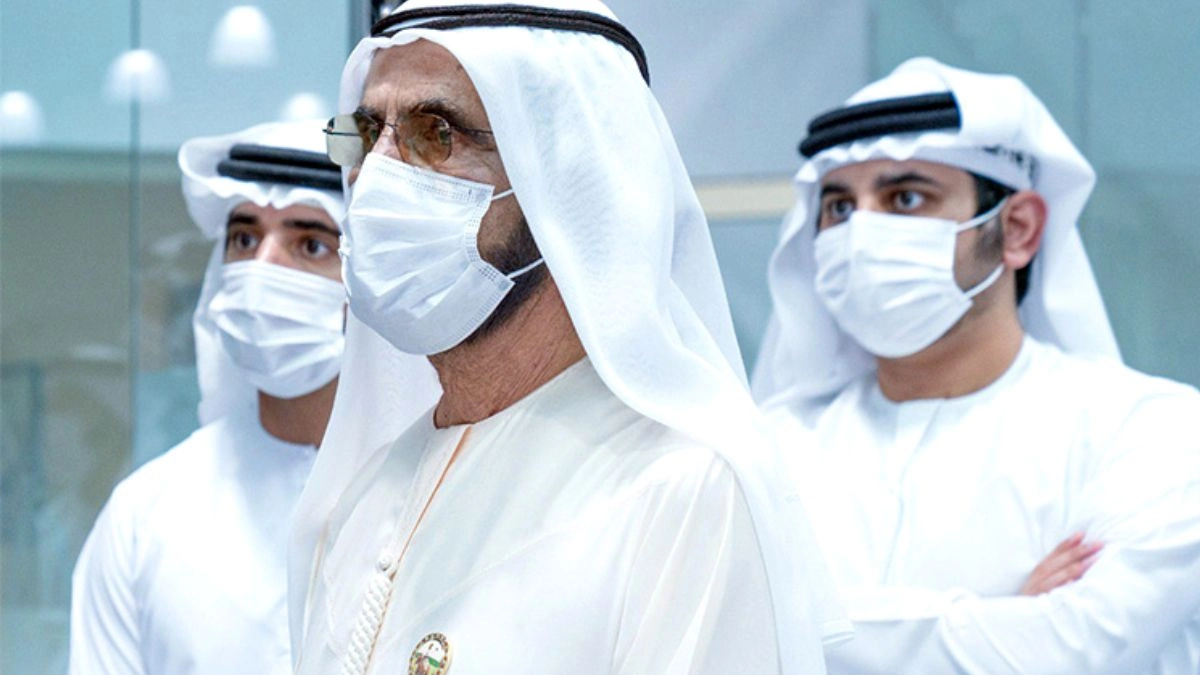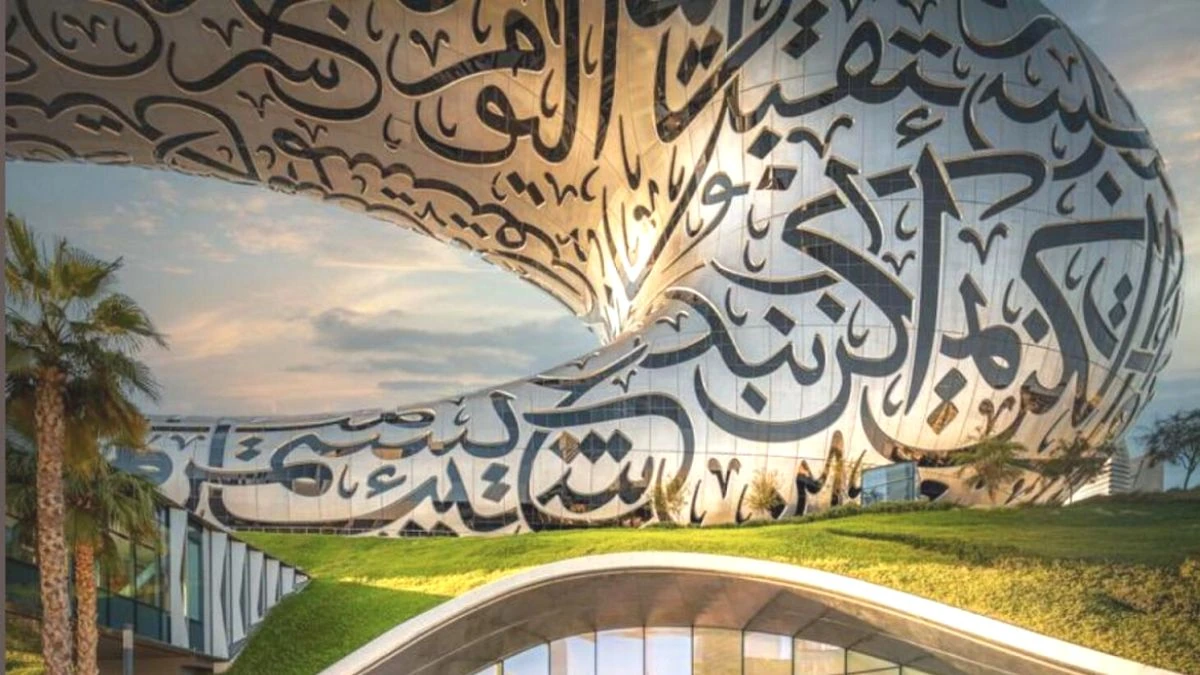News
‘Dubai Is The Cleanest And Safest City In The world’ Says Sheikh Mohammed

On Friday, His Highness Sheikh Mohammed Bin Rashid Al Maktoum, the Vice President and Prime Minister of the UAE as well as the Ruler of Dubai, announced on his Twitter account that Dubai is the cleanest city in the world.
This data is based on the Global Power City Index (GPCI) published by the Mori Memorial Foundation in Japan over the last three years, according to Sheikh Mohammed.
Sheikh Mohammed continued by highlighting that cleanliness is important not only for practical reasons but also for cultural and religious reasons.
He further stated that Dubai is not only the cleanest city in the world but also the safest and most beautiful, and he called for everyone to work together to keep it that way by maintaining its safety, stability, and prosperity.
UAE’s Focus on Environmental Sustainability and Cleanliness Earns it the Title of World’s Cleanest Country
Dubai has been at the forefront of the UAE’s rapid development, emerging as a major global trade, tourism, and financial hub. The city has made significant investments in infrastructure, public services, and environmental sustainability, which has helped it attract and retain a diverse population.

This has also helped to cement Dubai’s reputation as a clean and safe city, making it a popular tourist destination for visitors from all over the world.
The Global Power City Index (GPCI) is an annual ranking system that evaluates and ranks major cities around the world based on their ability to attract people, capital, and businesses from around the world. The Mori Memorial Foundation in Japan established the GPCI to evaluate cities’ “magnetism” as well as their overall power and influence.
To measure and compare the global power of cities, the Mori Memorial Foundation in Japan created the Global Power City Index (GPCI). The GPCI considers a number of factors, including the economy, R&D, cultural interaction, livability, and the environment, including cleanliness.
The GPCI ranks cities based on six major criteria: economy, research and development, cultural interaction, livability, environment, and accessibility.
These categories are further subdivided into 70 indicators that are used to assess the overall power and attractiveness of cities. The GPCI also considers factors such as the city’s population, GDP, and the number of international visitors it receives each year.
GPCI is widely regarded as one of the most comprehensive city ranking systems, and it is used by policymakers, investors, and businesses all over the world to assess the strengths and weaknesses of various cities.
The rankings provide valuable insights into the factors that make cities appealing to investors and residents, as well as the challenges that cities face in maintaining their competitiveness and attractiveness over time.
Asian and European cities have dominated the GPCI rankings, with Tokyo, Singapore, and London consistently ranking in the top three. However, cities in other parts of the world, such as Dubai and New York, have done well in recent years as well.
The rankings are updated on an annual basis and are a useful tool for cities looking to improve their competitiveness and attract more investment and talent.
The Global Power City Index is an extensive and influential ranking system that assesses the attractiveness and magnetism of cities worldwide. It offers valuable insights into the factors that contribute to cities’ success and competitiveness, and it is widely used by policymakers, investors, and businesses to assess the strengths and weaknesses of various cities.
UAE has made significant efforts to become one of the cleanest countries in the world. This was accomplished through a combination of policies, infrastructure development, and public awareness campaigns promoting environmental sustainability and cleanliness.
The waste management system is an important factor in the UAE’s cleanliness. The country has made significant investments in waste management infrastructure, including cutting-edge recycling and waste-to-energy plants.
Related Topics
🔹Abdullah Bin Zayed Launches Smart Mission Project
🔹Dubai Private Schools Will See A 3% Increase In Tuition Fees For The 2023-24 Academic Year
The UAE has also implemented strict waste disposal and littering laws and regulations, which has helped to reduce waste generation and ensure that it is disposed of in an environmentally friendly manner.
Aside from waste management, the UAE has put in place a number of other measures to promote cleanliness and environmental sustainability. This includes the creation of green spaces and parks, the use of environmentally friendly transportation, and the promotion of renewable energy sources like solar power.
Furthermore, the UAE government has launched a number of public awareness campaigns aimed at promoting environmental sustainability and cleanliness. Initiatives aimed at reducing plastic waste, encouraging recycling, and promoting responsible tourism practices have been included in these campaigns.
The UAE’s primary focus on environmental sustainability and cleanliness has contributed significantly to its ranking as one of the cleanest countries in the world. The UAE has demonstrated a commitment to environmental protection and sustainable development through a combination of policies, infrastructure development, and public awareness campaigns.